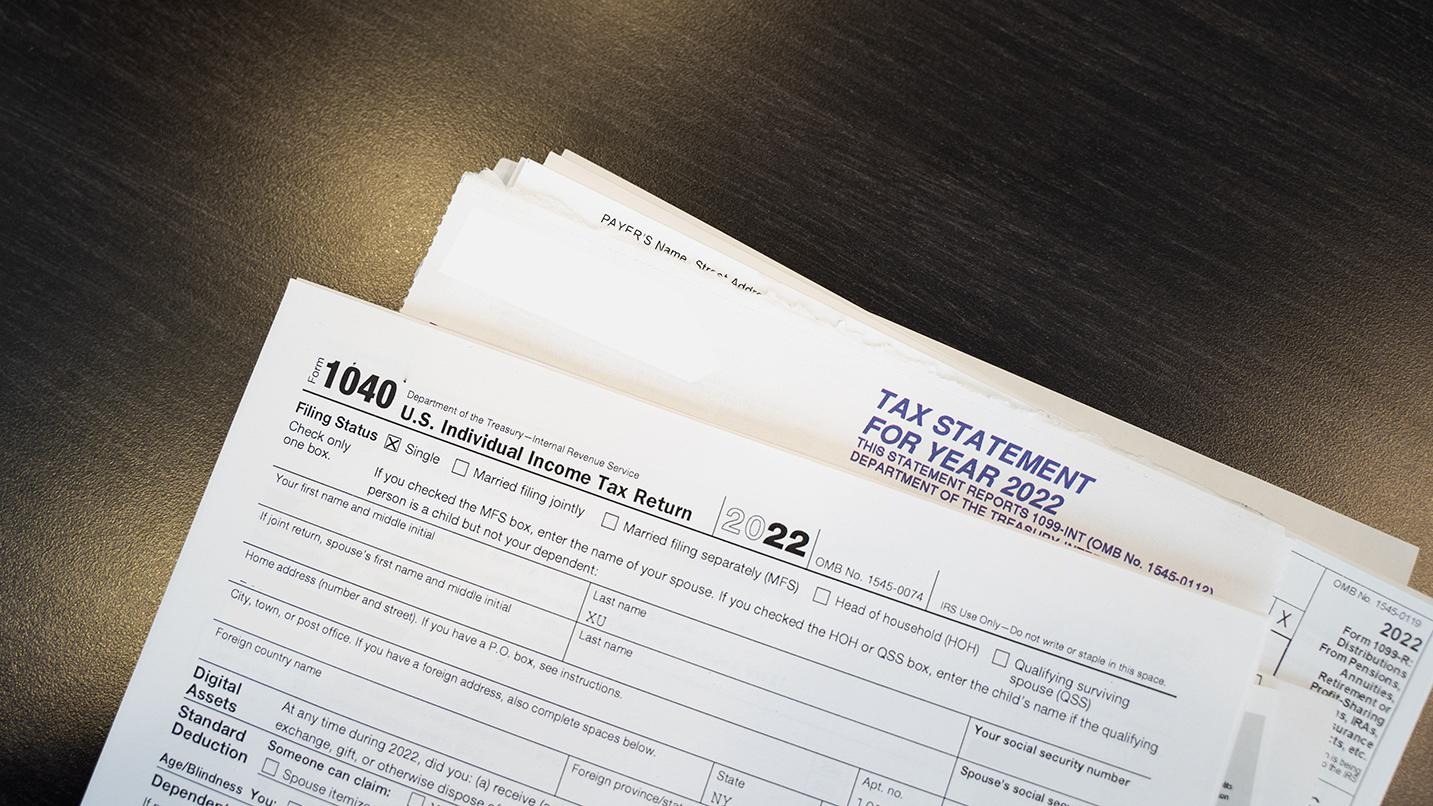Advocates in New York City are sounding the alarm on how the critically underfunded and understaffed New York City Commission on Human Rights is failing to protect immigrant workers.
The New York City Commission on Human Rights (CCHR) is responsible for protecting workers from workplace discrimination by taking, investigating, and prosecuting complaints regarding violations of the city’s Human Rights Law.
But according to data collected by the Human Rights Law Working Group (HRLWG), in 2024, CCHR took, on average, 593 days to close a case, the longest it has taken in the past five years. Some cases took years to be closed.
One immigrant worker, who chose to go by her first name initial L. to protect her anonymity, said she was sexually assaulted by her boss in 2018 while she worked as a house cleaner. For the two months she worked for him, she said her boss would harass her on the job.
Also Read: RFK Jr. Slammed for Layoffs That Could Bring ‘More Injuries, More Deaths’ to Immigrant Workers
“He was always trying to play around with me, like tickling me,” she said. “I told him I didn’t like that and do not feel comfortable with that. He would tell me, ‘Don’t worry about it; it’s not a big deal.’ ”
Although she dreaded having to brush off his daily advances, L. said it was hard for her to leave.
“I couldn’t quit because I had to pay my bills, but I didn’t like it and how he was behaving with me.”
Afterward, L. quit and filed a sexual assault complaint with CCHR in 2019.
L. says she had one interview with an investigator in 2020 but has not heard from the agency since then.
“I feel defrauded. I thought this country respected the laws,” she said. “I feel there are no protections in this country for me.”
Established by Mayor Fiorella LaGuardia in 1944, initially as the Mayor’s Committee on Unity, CCHR is responsible for enforcing the city’s Human Rights Law, which prohibits discrimination in employment, housing, and public accommodations based on race, color, religion, age, gender, sexual orientation, disability, or immigration status.
CCHR’s law enforcement division has the power to investigate and prosecute cases such as L.’s. They can also refer cases to the New York City Office of Administrative Trial and Hearing (OATH) for resolution. Additionally, the agency has the authority to issue fines, obtain monetary damages, and negotiate additional remedies.
However, according to advocates, CCHR’s backlog of cases has significantly limited its ability to function as a resource for workers.
In 2024, CCHR received an additional 13,360 inquiries on top of its backlog of 762 open cases. Of the 13,360 inquirers, only 366 became new complaints.
In that same year, the agency was only able to close 447 cases. Many of those complaints were from previous years, with the commission constantly playing catch-up despite the influx of new complaints.

Although the damages for the complainants were valued at $4,047,283, CCHR only imposed $633,200 in penalties. Of the 447 cases closed in 2024, CCHR administratively closed approximately 179 cases, which means that although they determined there was a legitimate claim, the commission was unable to settle those cases.
Also Read: Workers Demand Answers as Hochul Backs Agency Accused of Wage Theft
Part of the reason the commission is so slow in closing cases, argues HRLWG, is because of the commission’s small budget and small staff. In 2024, the agency had a budget of $12.4 million and operated with a staff of 105, down from a staff of 128 in 2020. In comparison, the NYPD’s budget in 2024 was $10.8 billion.
Members of HRLWG, such as the Legal Aid Society, are calling for the city council to allocate at least $21 million to CCHR and increase the agency’s resources in the upcoming budget.
“Today, in the absence of federal partners to protect the rights of the most vulnerable, New Yorkers will increasingly turn to the [Commission on Human Rights],” said Rebekah Cook-Mack, staff attorney in the employment unit at The Legal Aid Society, in a statement to Documented. “Without increased funding and the ability to hire without impediment, the commission will continue to fail our city’s residents.”
When asked by Documented about how delays in investigating and closing cases due to critical underfunding and understaffing have led to the long backlog of cases, Laura J. Brantley, press secretary for CCHR said the agency received 21,301 phone calls and assisted 430 walk-in appointments in 2024, as well as an increase in the number of inquiries received and matters initiated.
She also pointed out that in 2024, the agency won the largest civil rights settlement in the city’s history for housing discrimination, imposing $1 million in civil penalties on Parkchester Preservation Management for voucher discrimination.
“In 2024, incoming calls to the Commission on Human Rights doubled, and as a result, the Commission opened more matters and complaints than in years prior,” she said in a statement. “We encourage anyone who has experienced or witnessed discrimination to contact the Commission in person, online, or by phone.”
Still, immigrant workers like L. are still waiting for their cases to be resolved
“I don’t think it’s justice that nothing happened to him after what happened to me,” she said.













